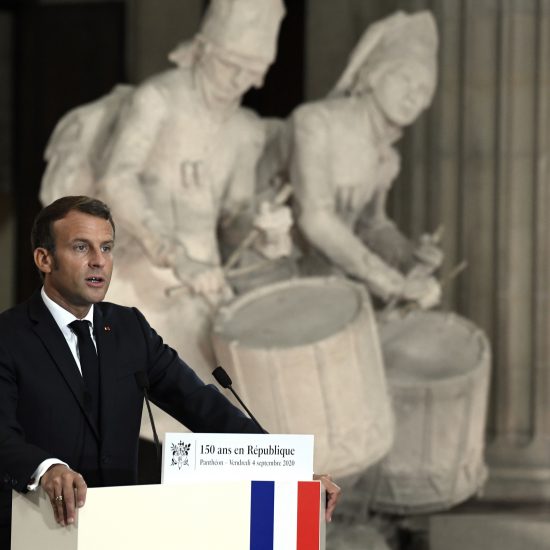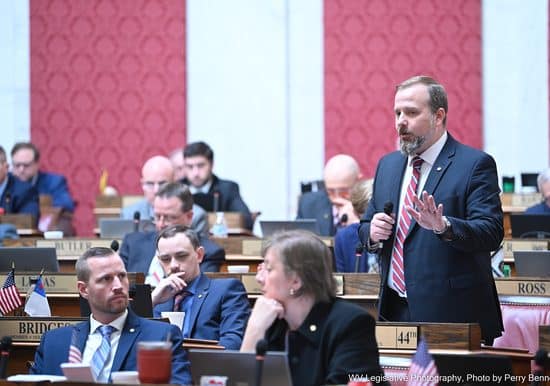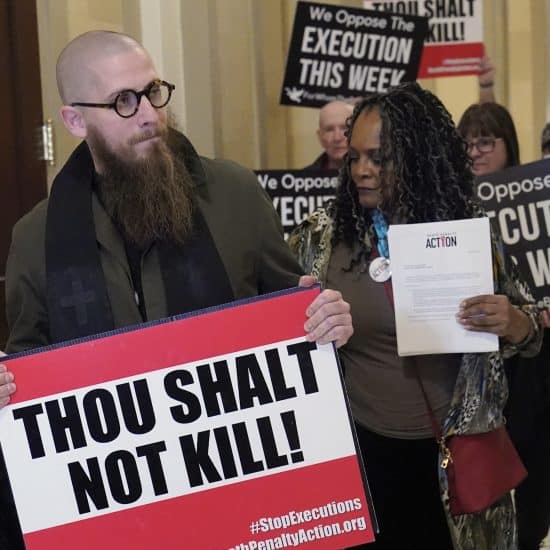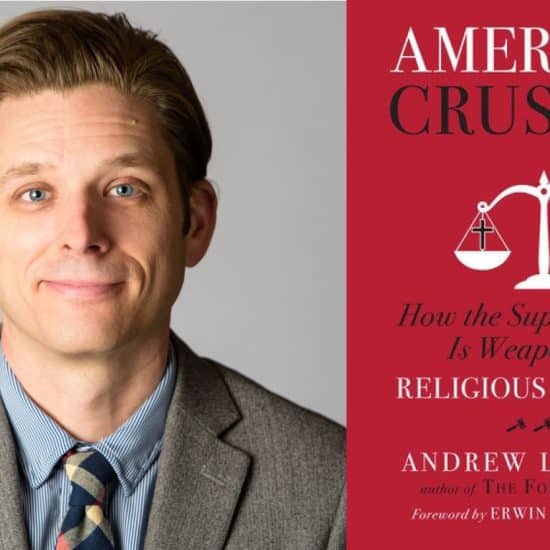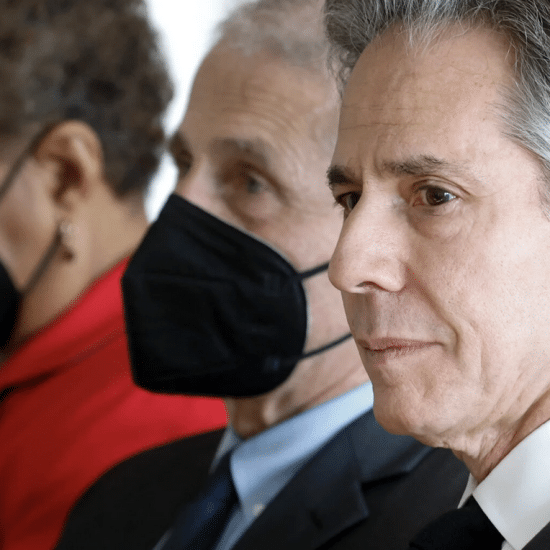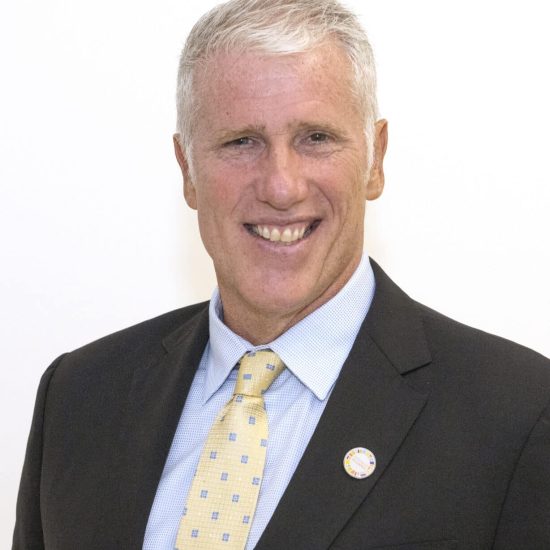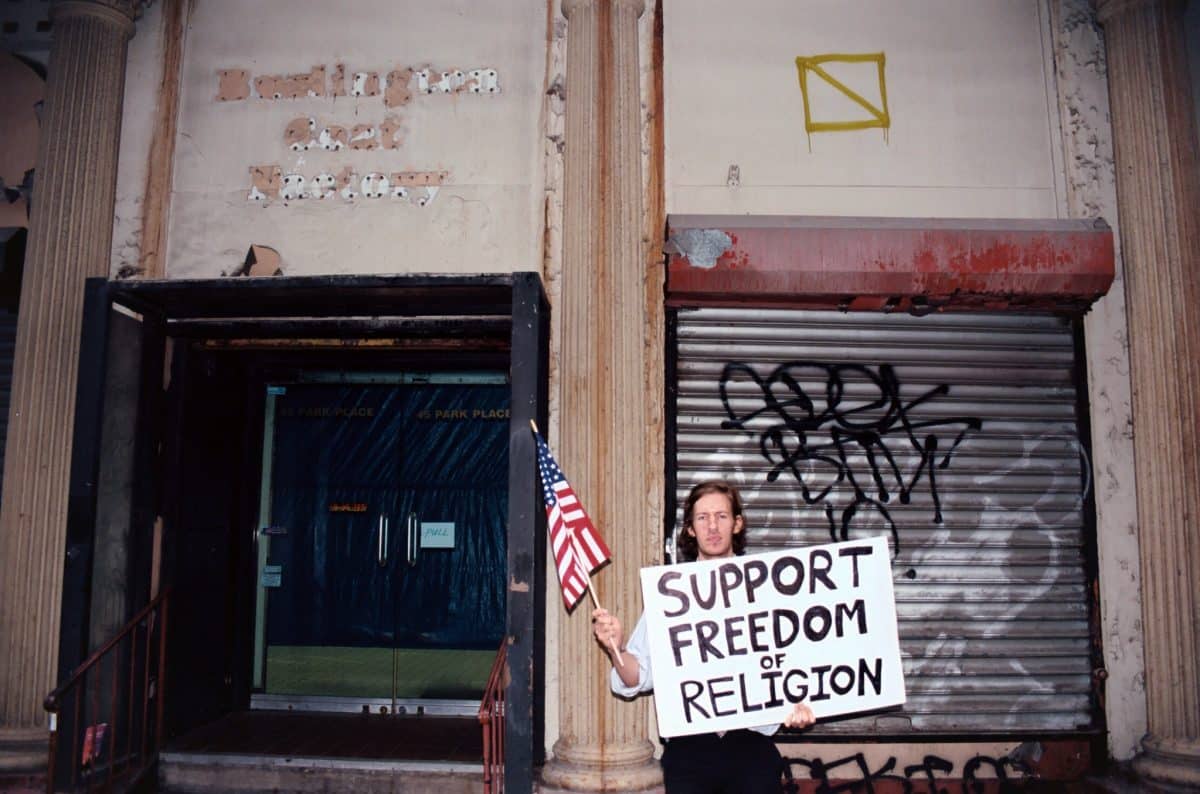
Apologies are never easy. The words “I’m sorry” inflict damage on our egos. The vulnerability and humility required to publicly acknowledge being wrong are generally in short supply.
That’s why Jonathan Greenblatt, the CEO of the Anti-Defamation League, caught our attention last week. Noting the Jewish High Holy Days involve the practice of Teshuvah (literally meaning “returning” and indicating the practice of repentance), Greenblatt wrote a lengthy piece for CNN.com expressing regrets for a previous chapter in his organization’s history.
“We can’t change the past,” he admitted. “But we accept responsibility for our unwise stance on Cordoba House, apologize without caveat, and commit to doing our utmost going forward to use our expertise to fight anti-Muslim bias as allies.”
The “Cordoba House,” also known as “Park51” and derisively labeled the “Ground Zero Mosque,” was intended to be a Muslim community center and civic space in the spirit of a Jewish Community Center or Young Men’s/Women’s Christian Association. Planned for construction a few blocks away from where the World Trade Center used to be, many argued it should not be allowed that close to the 9/11 site.
Opponents of the project, like the ADL, proved successful. Today, a high-rise condo sits on the space, a cathedral of capitalism and modernity.
Greenblatt’s apology for the ADL’s opposition did not mince words: “Through deep reflection and conversation with many friends within the Muslim community, the real lesson is a simple one: we were wrong, plain and simple.” While the ADL apologized, many others who fanned the anti-Muslim flames — from politicians to Christian leaders — have not.
As the 20th anniversary of 9/11 approaches, a lot of personal and national introspection is occurring. The war in Afghanistan, launched in response to the attacks that day, is coming to an inglorious end. With the passage of time, a fewer percentage of Americans were alive back then. Our collective memory is changing.
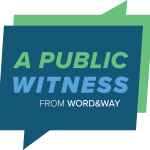 In this edition of A Public Witness, we look back at Sept. 11 in horror at what occurred and at the resultant damage done to the principle of religious liberty. Giving into fear caused us to compromise one of our foundational convictions. Perhaps enough time has elapsed for us to repent of this mistake and renew this commitment to freedom.
In this edition of A Public Witness, we look back at Sept. 11 in horror at what occurred and at the resultant damage done to the principle of religious liberty. Giving into fear caused us to compromise one of our foundational convictions. Perhaps enough time has elapsed for us to repent of this mistake and renew this commitment to freedom.
NOTE: The rest of this piece is only available to paid subscribers of the Word&Way e-newsletter A Public Witness. Subscribe today to read this essay and all previous issues, and receive future ones in your inbox.

